Freezing is a great way to extend the freshness not only of individual ingredients, but also whole meals. It may come as a surprise to some people that most types of soup are suitable for freezing - when can you freeze soup, and when not? Read on to find out!

Freezing is a great way to extend the freshness not only of individual ingredients, but also whole meals. It may come as a surprise to some people that most types of soup are suitable for freezing – when can you freeze soup, and when not? Read on to find out!
Can you freeze soup?
Are you too busy to cook for yourself and your family? Or maybe you work in a restaurant, and it’s difficult to predict how well a dish will sell? Whatever the situation, you will find that freezing food will not only save you time, but also help you avoid throwing away food that has gone off!
Soup kept in the refrigerator is usually ok to eat for 3-4 days. The possibility of freezing soup opens up many new opportunities, and you won’t have to spend so much time every day in the kitchen.
Prepare a large pot of soup, divide it into portions, leave some to eat right away, and store the rest in the freezer. Or you could prepare a few different soups in this way, and then serve a different one every day, which will certainly diversify your weekly menu.
Which soup ingredients cannot be frozen?
As a rule, the vast majority of soups can be frozen. Some specific ingredients may not like freezing, although this is also not always the case. Let’s take a look at which ingredients are not good for freezing.
Freezing ingredients rich in water
Juicy watermelons or citrus fruits, refreshing cucumbers or tomatoes that are ideal for hot summer days – fruit and vegetables with a high water content will lose their appearance after freezing. They will no longer be firm and juicy, but wilted and dry.
Dairy products in the freezer
Sour cream, natural yoghurt, cottage cheese – freezing dairy products is not a good idea, because after freezing and thawing, they completely change their consistency, separate and become grainy.
Freezing eggs
Freezing cooked eggs makes them rubbery and bland. On the other hand, putting whole, raw eggs in the freezer may result in the shell breaking and the egg melting in the drawer. However, eggs are not entirely unsuitable for freezing – raw eggs can be frozen as long as the egg whites and yolks are stored separately.
Freezing fresh herbs
Herbs, like vegetables and fruits with a high water content, will not be as appetizing when removed from the freezer and will lose a lot of flavour. Therefore, drying herbs instead is usually recommended.
Freezing potatoes, rice, and noodles
The above ingredients, when cooked and frozen, will simply not taste very good. Eating them won’t hurt you, but what’s the point? Potatoes will dry out, and pasta and rice will become soft, turning into a bland mush.
Which soup ingredients cannot be frozen?
Once you know which products should not be frozen in general, you can easily answer the question – which soups shouldn’t be frozen?
Of course, soups with cream, such as tomato, vegetable or mushroom soup, should not be frozen, as well as soup with boiled eggs. It is also not generally recommended to freeze tomato soup with rice, noodle broth or cauliflower soup with potatoes. However, they can be frozen if you prepare them appropriately!
Instead of including it in the basic recipe, add cream just before serving – the same goes for additives such as eggs, fresh herbs, pasta and potatoes. This will help you keep soup in the freezer and serve it when you want to.
What about soups made with tomatoes or cucumbers? Processed vegetables do not need to be firm or juicy, so you can safely freeze additional portions for later!
Necessary equipment for freezing soups in restaurants and at home
Whether you want to freeze soup for your own use later on or prepare some for serving in a restaurant, you will need a freezer and soup containers. Fortunately, these are standard equipment at home and in commercial kitchens , so this shouldn’t be a problem. However, when it comes to the containers, there are a few things you should know to avoid issues later on:
- If you freeze soup in a glass jar, never fill it to the lid – leave plenty of space, as the soup will expand when frozen and the jar could burst.
- Plastic containers will also be appropriate, but you will also need to leave enough space in them, even though cracked plastic is not as much of a problem as broken glass.
- You can also freeze soup in food bags, although this has its pros and cons. Such packaging is easily damaged and the soup could spill into the freezer drawer before it freezes. What’s more, such packaging is not very environmentally friendly as it will be rather difficult to use the bags more than once or twice. On the other hand, they take up much less space in the freezer than plastic or glass containers, and soup will freeze quicker in bags. You should therefore weigh the pros and cons of each option yourself.
Which soups should not be frozen – summary
Freezing soups is one of many ways to better organise your daily cooking activities and limit food wastage. Soup can be stored in the freezer for about four weeks, which is much shorter than yeast or meat, which can be eaten even after six months. However, it is still a great way to save time and avoid food wastage. A good practice is to put a description on frozen soup containers – putting the date on the label or lid will help you make sure you use the frozen portions of soup in time! Read the next post to find out how you can freeze dumplings.

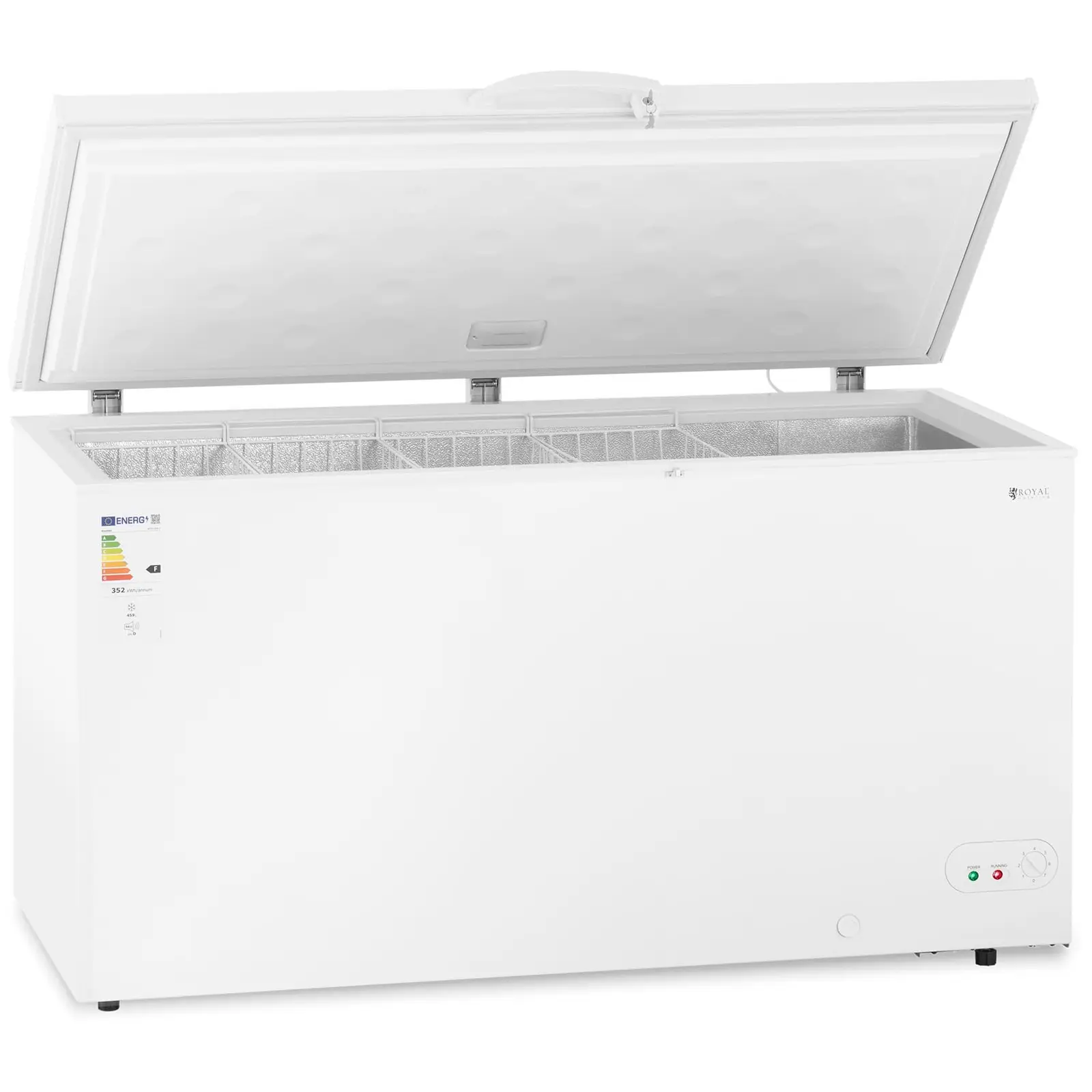
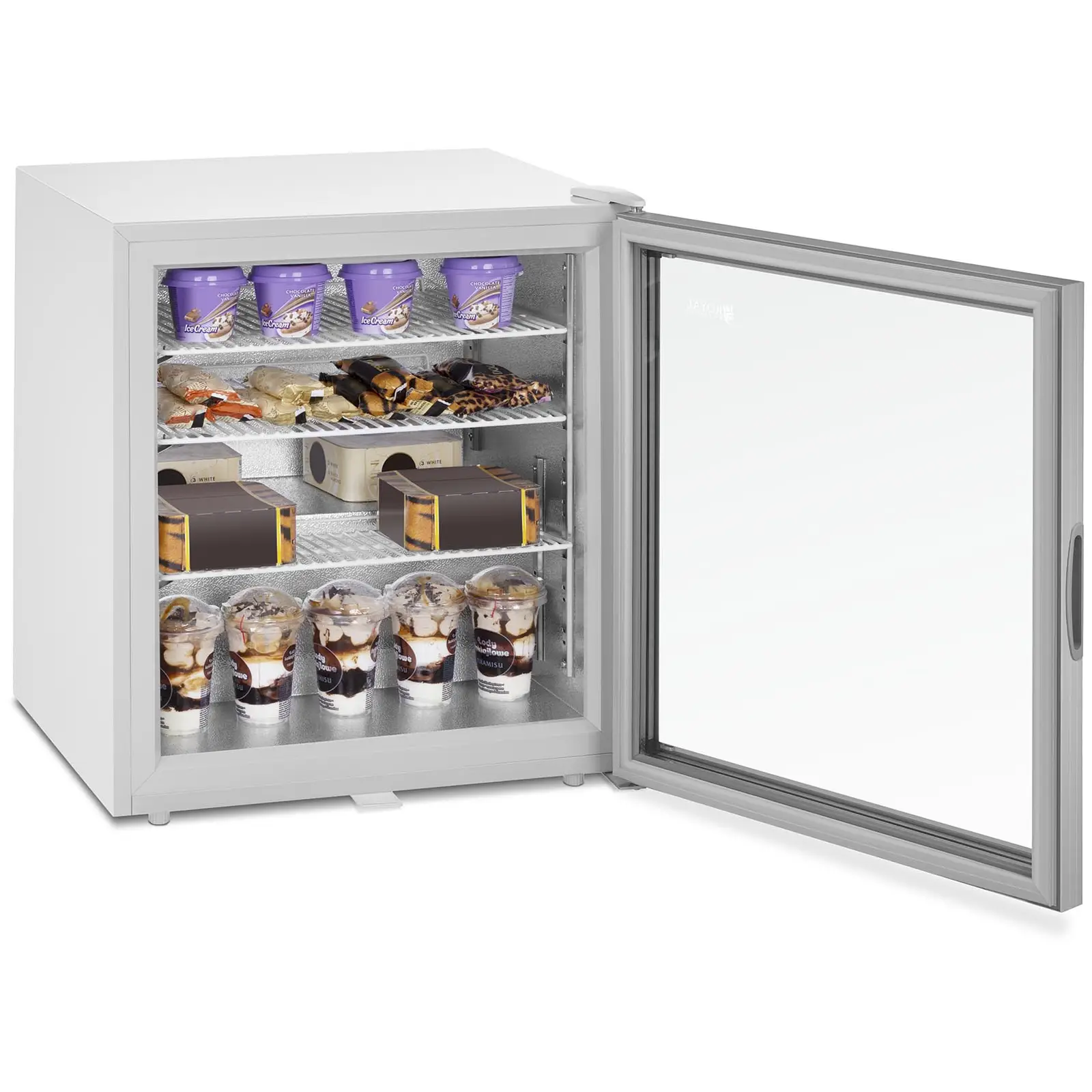
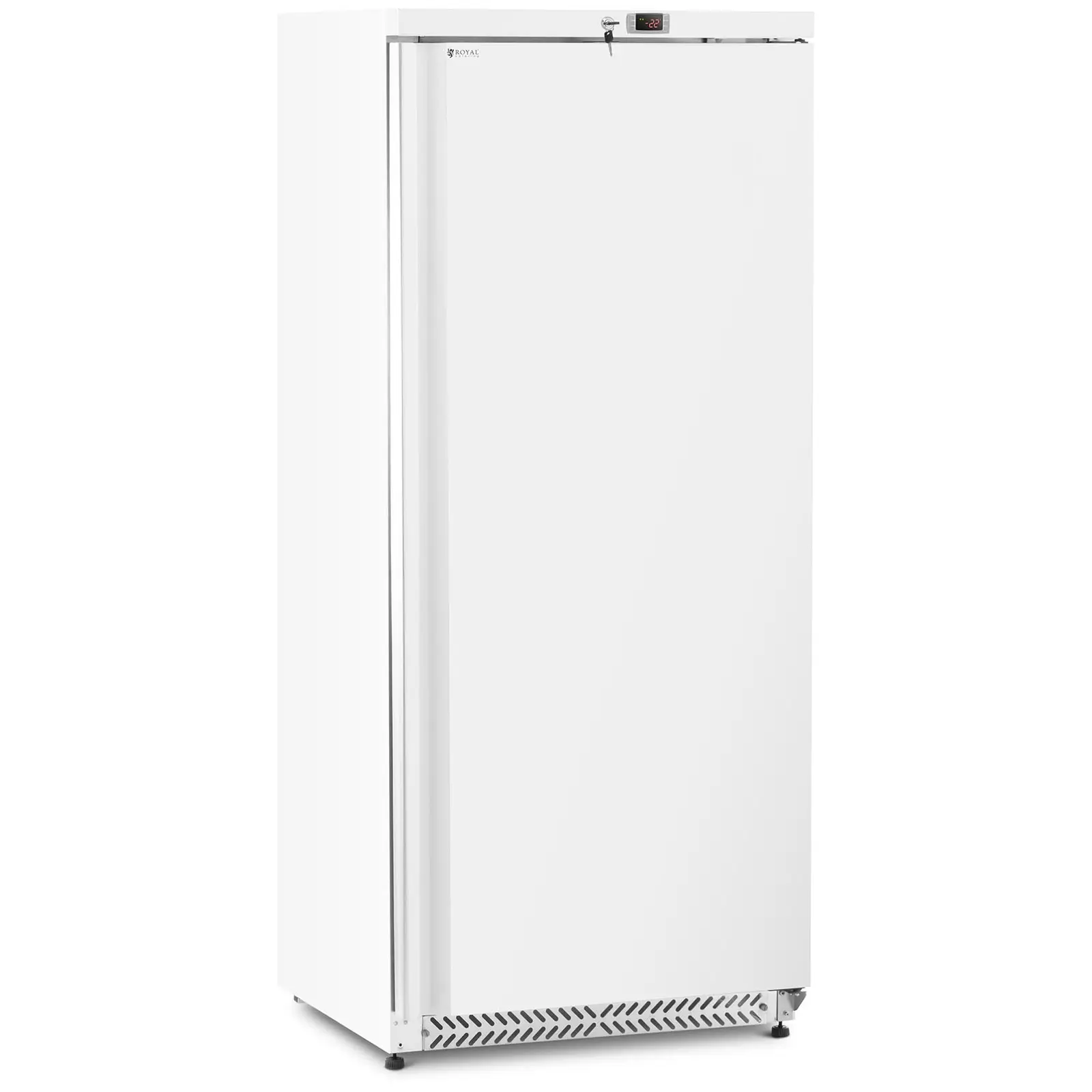
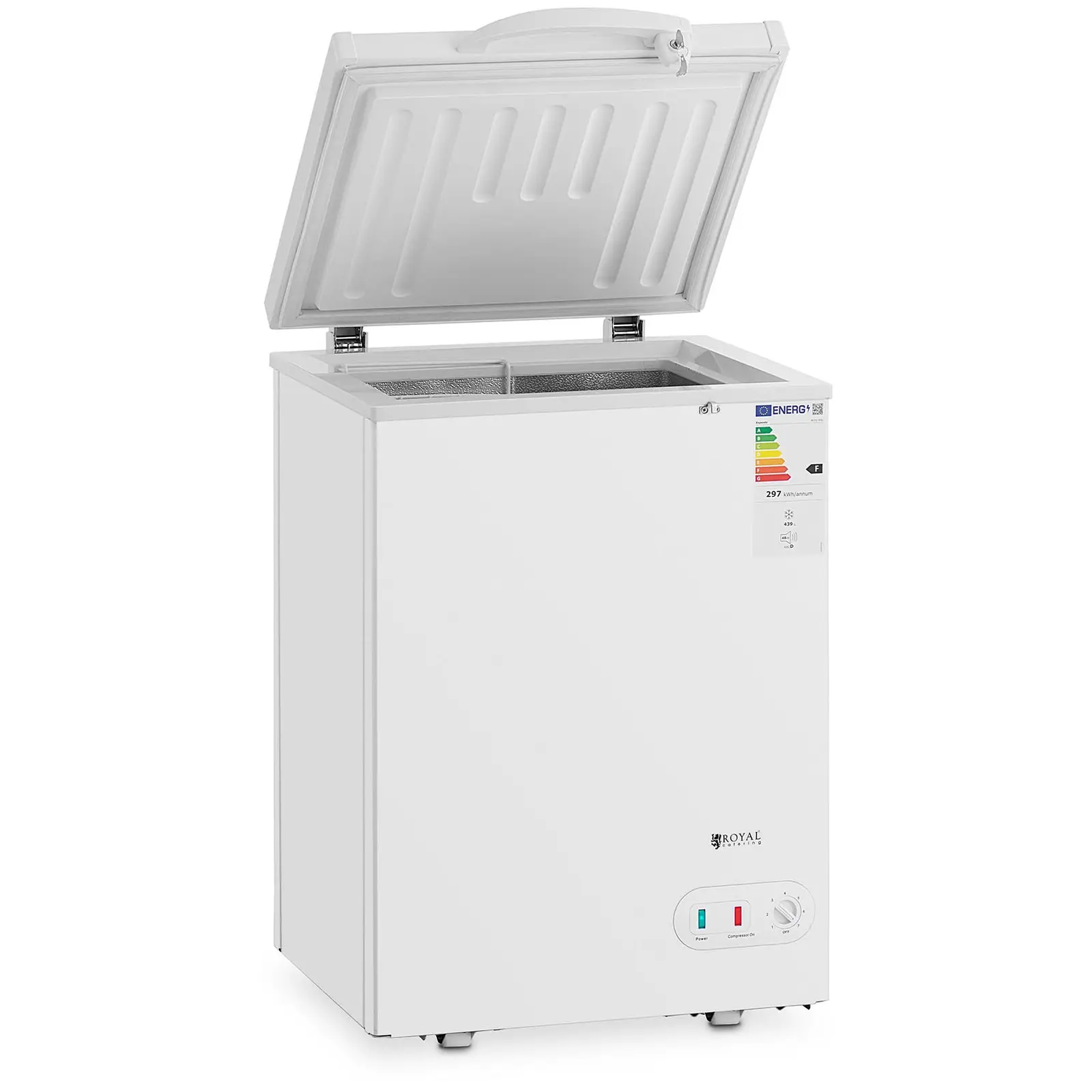


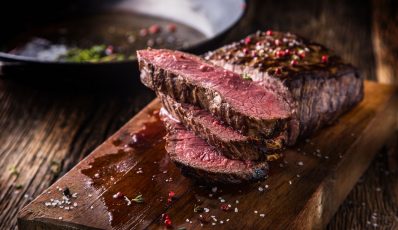


Share